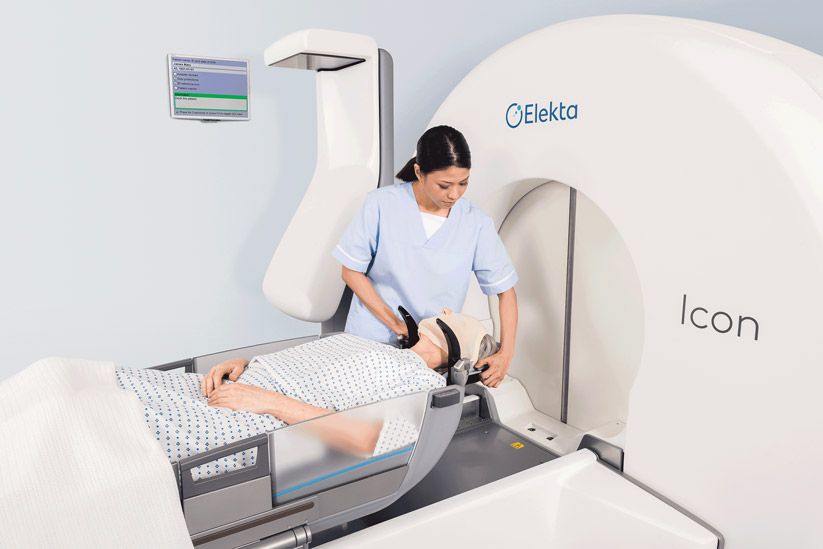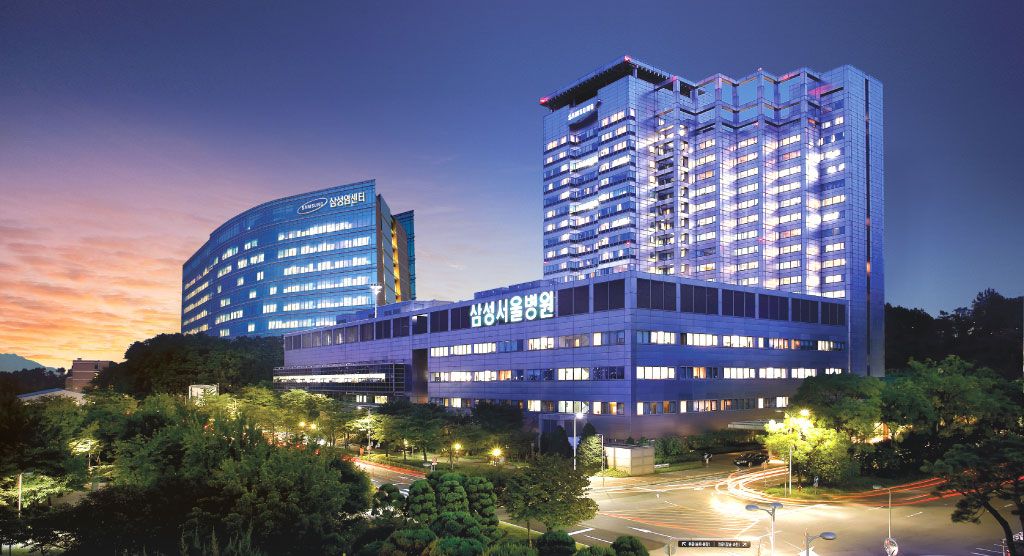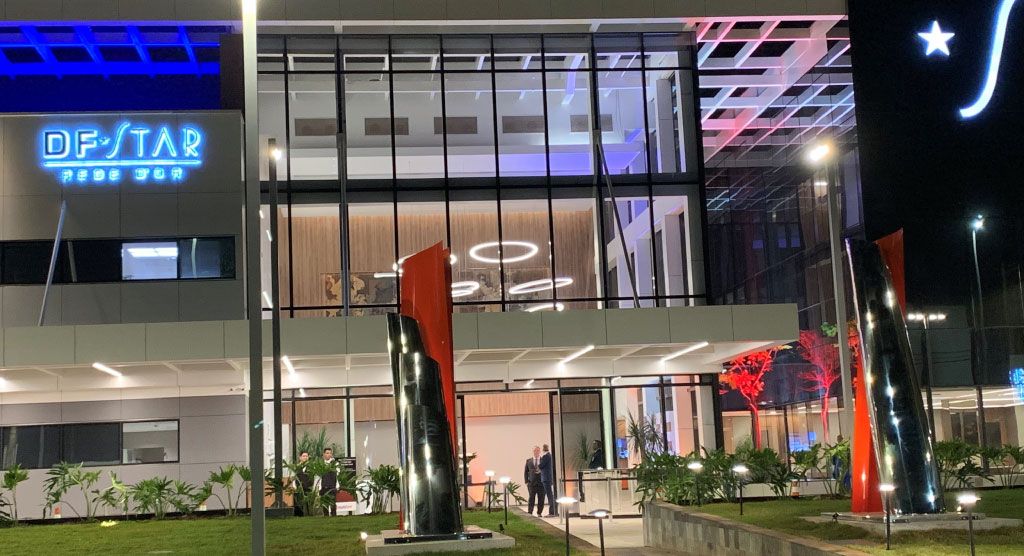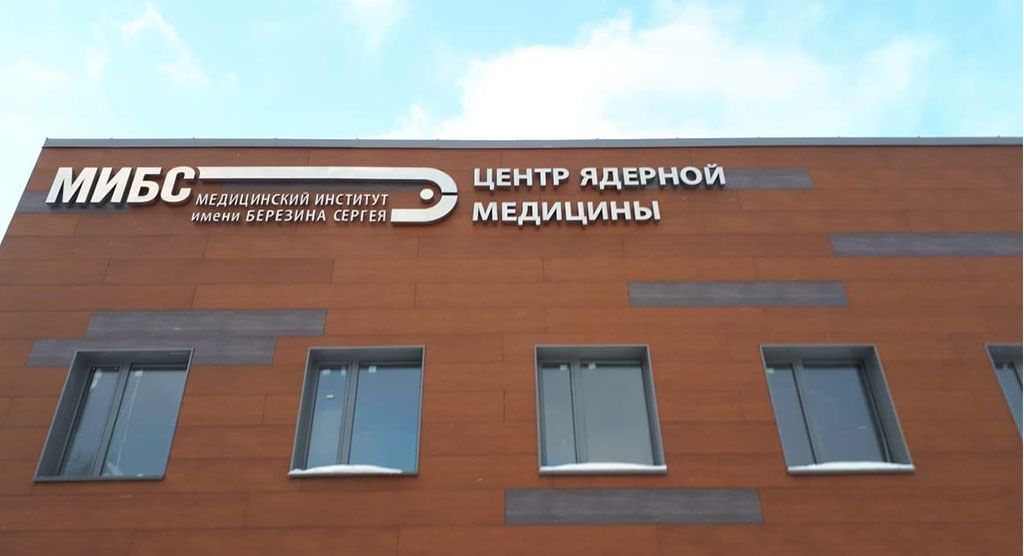Amid Covid-19, Gamma Knife radiosurgery center finds a way

Clinicians at Niguarda Hospital’s (Milan, Italy) Gamma Knife unit recently published their experiences and insights on how they managed to keep their Gamma Knife® radiosurgery services up and running during the Covid-19 pandemic. Like countless Gamma Knife services worldwide, the crisis has required Niguarda Hospital staff to be extremely diligent to safeguard staff and patient health and to make meticulous efforts to ensure the greatest number of patients who need radiosurgery receive it.
The built-in advantage of Gamma Knife radiosurgery during the Covid-19 era is that it requires a single, minimally invasive treatment session in the vast majority of cases, thereby limiting the patient’s presence in the healthcare environment. Leksell Gamma Knife® has been used for decades to treat a wide variety of malignant, benign and functional intracranial indications, including brain metastases, meningioma, pituitary adenoma, arteriovenous malformation and trigeminal neuralgia.

Niguarda Hospital pushes forward with needed radiosurgeries during outbreak
It is now widely known that Italy was an epicenter of Covid-19 morbidity and mortality, suffering over 26,000 deaths by the end of April, particularly among patients greater than 60-years-old. As it was a state of emergency, the regional governor in early March had suspended elective surgeries at Niguarda Hospital for nonurgent inpatients and outpatients, and many staff were converted to the care of patients with Covid-19.
However, it was the mission of staff at the Gamma Knife unit and the hospital in general that patients with brain metastases avoid deferral of radiosurgical treatment. This necessitated modifications of the Gamma Knife radiosurgery routine to ensure patient and staff safety. In a paper by Crisà, et al, clinicians review how radiosurgery was carried out for 30 patients during a period from February to April 2020. The experience highlights the versatility of Gamma Knife radiosurgery in the midst of a public health emergency.
The 30 patients had 66 brain metastases and were all confirmed Covid-19 negative throughout their treatment and hospitalization. All patients wore a surgical mask from the time they were admitted through to their discharge, in addition to during the entire radiosurgical procedure – from frame fixation to removal – and they performed pre-treatment hand hygiene and hair washing.
Similarly, Gamma Knife unit neurosurgeons and nurses undertook stringent safeguards against infection via the use of PPE (personal protective equipment) in all phases of frame fixation and other radiosurgery workflow steps (imaging, planning, and patient positioning). Staff decontaminated the frame after the procedure with Antisapril®, followed by autoclave sterilization.
“Although the unit had to forbid visitors to the patients, the length of hospital stay was limited to 0-1 day in 17 of 22 scheduled patients.”
The length of hospital stay was limited to 0-1 day in 17 of 22 scheduled patients. For nine patients with larger lesions, clinicians performed radiosurgery in two stages, to minimize tumor recurrence and radiation necrosis.
The authors reported that in their experience, the use of Gamma Knife radiosurgery improved symptoms and the need for open surgery, “enabling many patients to continue their targeted or immunologic therapies or to start primary systemic treatments, and moreover to spare beds and intensive care.”
They recommended pre-hospitalization triage through phone-calling and questionnaire to improve patient selection, thereby reducing the risk to both healthcare workers and patients.





